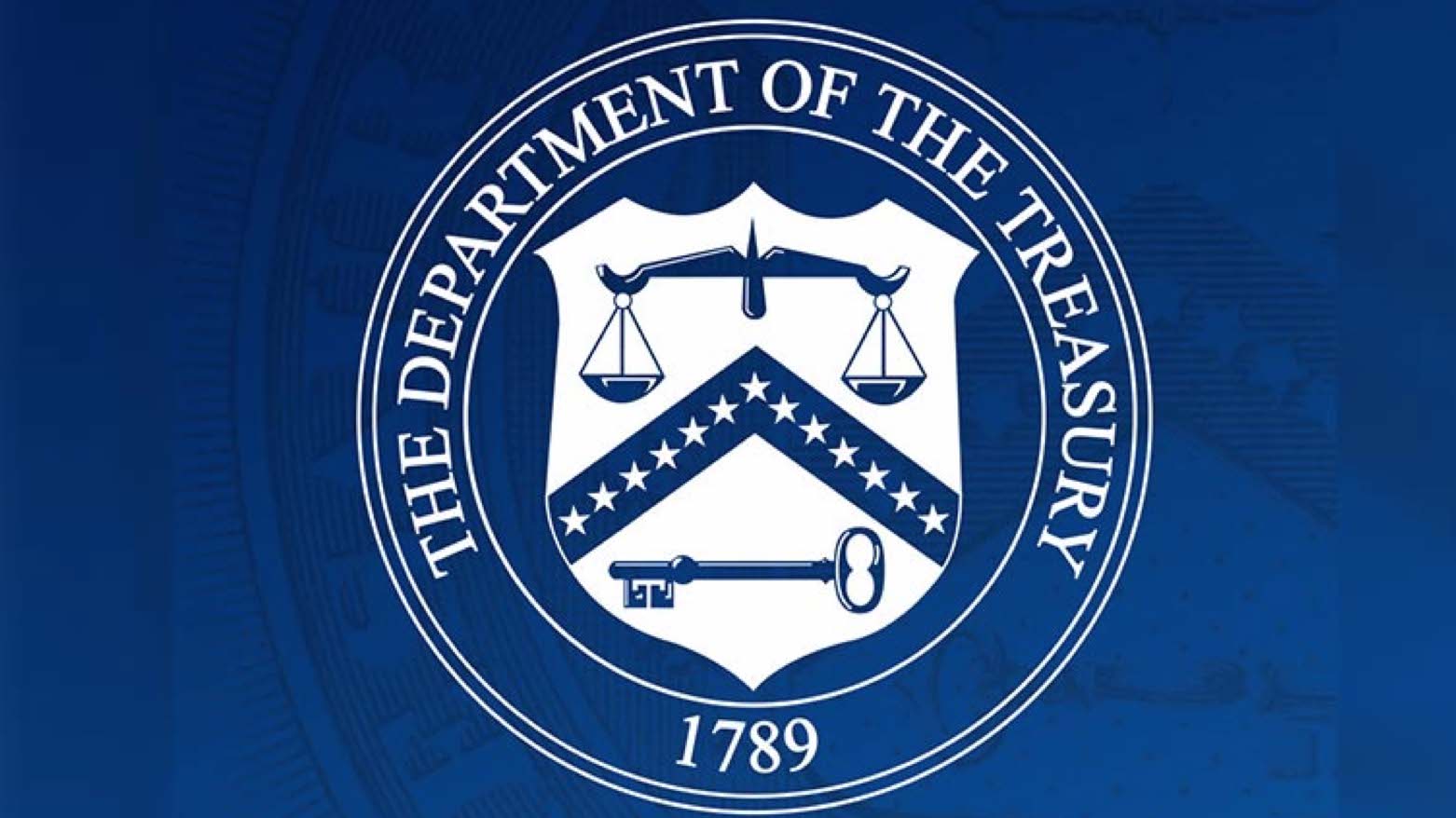US Sanctions ’Swedish Gang and Leader Serving Iranian Regime’
Rawa Majid, “who leads the gang, has specifically cooperated with the Iranian Ministry of Intelligence and Security,” the Treasury Department said.

WASHINGTON DC, United States (Kurdistan24) - On Wednesday, the Trump administration announced yet another set of Iran-related sanctions, marking the fourth such measure it has taken since it assumed office in January.
The new penalties target a criminal gang, known as the Foxtrot Network, which is tied to Iran, although the group is “primarily based in Sweden,” the Treasury Department said in announcing the new sanctions.
Unusually, the network is headed by an Iranian Kurd, the 38-year old Rawa Majid, who is originally from Kermanshah. Majid is known as “the Kurdish Fox”--hence, presumably, the name of his group.
Majid is currently a fugitive and is no longer in Sweden., although his whereabouts have not been publicly revealed, if they are even known to U.S. authorities.
Crimes of the Foxtrot Network—includes work with Iranian Intelligence
The Foxtrot Network is “a transnational criminal organization” and “one of the most notorious criminal gangs based in Sweden,” the Treasury Department announcement said.
The network “has conducted shootings, contract killings, assaults, and other forms of violence,” while it “is also one of the most prominent drug trafficking organizations in the region.” In addition, it has “a presence in other European countries,” according to the announcement.
It is also involved in weapons smuggling and “is one of the main contributors to rising violence in Sweden,” while “it routinely uses teenagers to conduct attacks,” it said.
And the network has been involved in terrorism. “In January 2024, the Foxtrot Network orchestrated an attack on the Israeli Embassy in Stockholm, Sweden, on behalf of Iran,” the Treasury announcement stated, adding that Majid, “who leads the gang, has specifically cooperated with the Iranian Ministry of Intelligence and Security (MOIS).”
As the Treasury Department explained, “in January 2024, the Foxtrot Network orchestrated an attack on the Israeli Embassy in Stockholm, Sweden, on behalf of Iran.”
Subsequently, in October 2024, there were attacks on the Israeli embassies in Sweden and Denmark. Those attacks caused only minor damage, but authorities linked them to the Foxtrot Network and to Iran, as Agence France Presse reported at the time.
AFP cited the Swedish newspaper Dagens Nyheter which said that “Foxtrot leader Rawa Majid and his archrival Ismail Abdo, head of the Rumba gang, had both been recruited by Iran.”
Denunciation of Iranian-Backed Terrorism
As the Treasury Department explained, “The Iranian regime, as part of its efforts to maintain plausible deniability for its external operations, has increasingly leveraged criminal networks as proxies to pursue its aims.”
Indeed, that is how the U.S. used to understand terrorism: when there was a major attack, the odds were high that it was state-sponsored, a way for a weaker state to attack the U.S. and hope to get away with it, because the state sponsor would not be clear—“plausible deniability,” as the Treasury Department described this approach.
However, that understanding changed in the 1990s, during the Clinton administration. Bill Clinton transformed how the U.S. dealt with terrorism. He ceased to treat it as a national security issue, with the focus on determining state sponsorship and punishing that state.
Rather, Clinton’s focus was the arrest and trial of individual perpetrators and punishing them as individuals, sentenced by a judge in a courtroom. That began already one month into his first term in office, with the February 26, 1993, bombing of New York’s World Trade Center.
Read More: Revisiting Ramzi Yousef’s terrorism: World Trade Center bombing and Philippines plane bombing plot
Thus, as terrorism became a law enforcement issue for the U.S. government, the question of state sponsorship was lost. This ended shortly after Clinton’s presidency did: with the September 11, 2001, terrorist attack on New York and Washington. It was the single most lethal assault in U.S. history—nearly 3,000 Americas died on that day.
A new president was then in office: George W. Bush. But he was inexperienced, having held no political office beyond that as governor of Texas. In large part, Bush did abandon Clinton’s law enforcement approach, by launching a “war on terrorism.”
However, Bush never really explained the mistake that had entered the U.S. thinking about terrorism during Clinton’s presidency, including the role of hostile states, nor did he really explain the nature of the enemy or why he attacked the parties that he did.
These were fatal errors. Their effect is still felt today, as many Americans, including President, Donald Trump, believe that Bush squandered U.S. blood and treasure on unnecessary, and unending, wars. And that view has contributed to a mood of isolationism in the U.S., which Trump embodies.